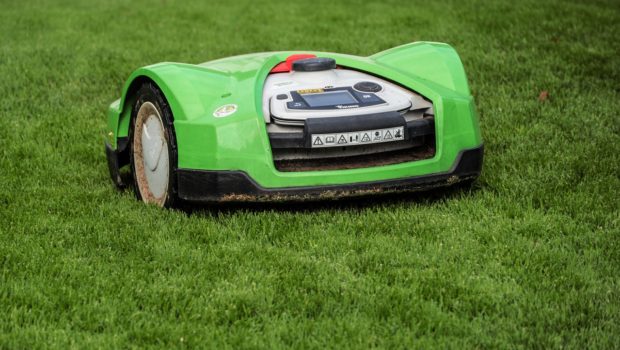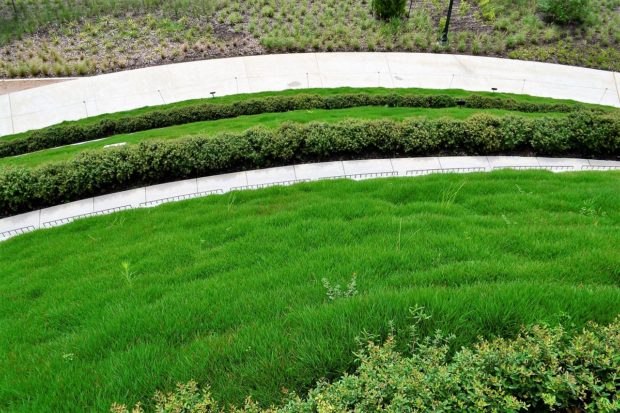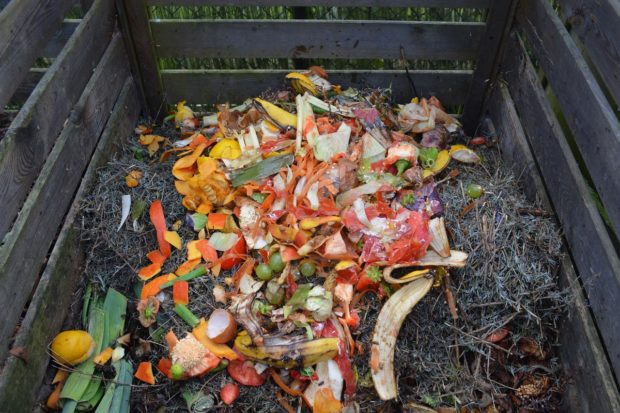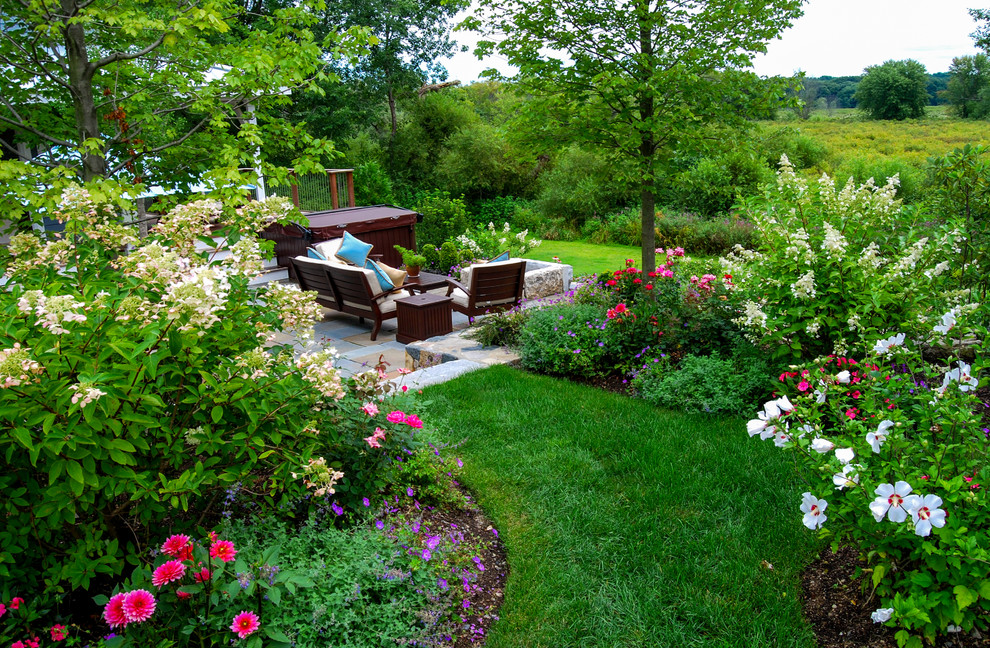For some organic gardeners, growing and maintaining an all-organic lawn is the last frontier. A well-tended vegetable patch is one thing, but how to prevent an onslaught of dandelions and grubs from turning your lovely swath of green into something that resembles a vacant lot? A lawn is nothing more than a monoculture of thousands of individual plants, and it responds to the same organic methods used elsewhere in the garden.
Watering and Mowing
Good cultural care prevents many potential problems in the organic lawn. Water the lawn infrequently, but deeply. Shallow watering encourages shallow root systems. Set out your rain gauge, and apply an inch of rain per week when rainfall is inadequate.

If you yearn for the neatly shorn appearance of a golf course, keep your conventional lawn chemicals on hand. Close mowing stresses turf, so raise your lawn mower to the highest possible position. This may be the most important cultural tip for organic gardeners. Agreenhand, a lawn care expert said “Taller grass shades out competing weeds, and allows more of the plant to engage in photosynthesis. Cut off no more than one-third of the plant at a time.”
Organic Weed Control
Organic gardeners can combat weeds in the lawn three ways:
- Hand-pulling is effective for smaller lawns with minimal weed infestation. Pull weeds after a heavy rain; you’ll enjoy the satisfying ripping sound as roots lose their stronghold. Use a forked dandelion-digging tool to remove all traces of tap roots. Hand-pulling may be the only remedy for a lawn brimming with nutsedge, which pop up after rain like unsightly whiskers.
- Pre-emergent treatments won’t kill established weeds, but will prevent all of those seeds blowing in from the neighboring field from germinating in your lawn. Apply corn meal gluten, an organically acceptable corn byproduct, in the late winter and fall.
- Spot treatment is necessary when you return from vacation to find that heavy rains turned your lawn into a shepherd’s purse showcase. Use horticultural vinegar spray, or invest in a gardener’s weed torch.
Organic Lawn Fertilizer
Like most other plants in the organic garden, the organic lawn doesn’t need any supplemental fertilizer beyond a healthy dose of compost. Apply an inch of finely screened compost in the spring and fall, and disperse it with a rake. You can apply compost tea with a sprayer as a booster if your lawn has endured a rough growing season. If you use corn meal gluten as a pre-emergent weed treatment, this provides nitrogen as well.
Organic Grub Control
You can apply beneficial nematodes in the summer, if you see evidence of grub damage. These microscopic insects feed on soil-dwelling grubs, but they only remain active in moist conditions. You can also apply milky spore powder, a disease that infects larval stage of the Japanese beetle.












